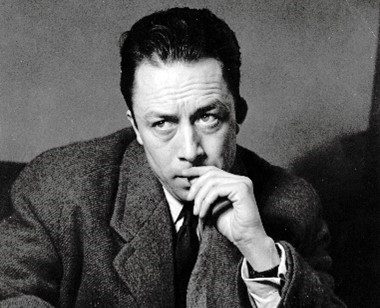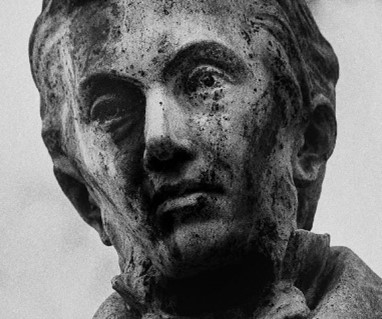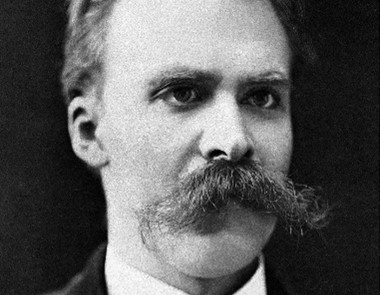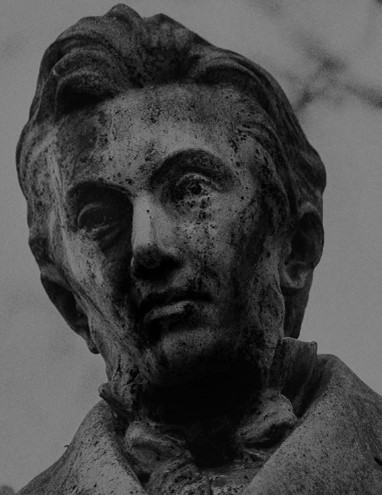Jump to...

Absurdism implies that the universe is irrational and
meaningless. It asserts that the pursuit of meaning often
leads individuals into a conflict with the world. Albert
Camus is often regarded as the father of Absurdism, as
he introduced the concept of “the Absurd”. Camus follows Sartre's definition of the Absurd: "That which is meaningless. Thus man's existence is absurd because his contingency finds no external justification". The Absurd is created because man, who is placed in an unintelligent universe, realises that human values are not founded on a solid external component; or as Camus himself explains, the Absurd is the result of the "confrontation between human need and the unreasonable silence of the world." Even though absurdity is inescapable, Camus does not drift towards nihilism. But the realization of absurdity leads to the question: Why should someone continue to live? Suicide is an option that Camus firmly dismisses as the renunciation of human values and freedom. Rather, he proposes we accept that absurdity is a part of our lives and live with it.

Existentialism emphasizes individual existence, freedom, and choice.
It asserts that humans define their own meaning in life, even while navigating an irrational universe.
Soren Kierkegaard is considered the “father” of Existentialism due to his emphasis on individual existence in his works.
He focused on subjective human experience rather than the objective truths of mathematics and science, which he believed were too detached or observational to truly get at the human experience.
Like Pascal, he was interested in people's quiet struggle with the apparent meaninglessness of life and the use of diversion to escape from boredom. Unlike Pascal, Kierkegaard also considered the role of making free choices, particularly regarding fundamental values and beliefs,
and how such choices change the nature and identity of the chooser.

Nihilism is a belief that all values are baseless and that nothing can be known or communicated.
It is often associated with extreme pessimism and a radical skepticism that condemns existence.
Friedrich Nietzsche is the most associated with this movement, and is considered its “father”.
Nietzsche approached the problem of nihilism as a deeply personal one, stating that this problem of the modern world had "become conscious" in him. Furthermore, he emphasised the danger of nihilism and the possibilities it offers,
as seen in his statement that "I praise, I do not reproach, nihilism's arrival. I believe it is one of the greatest crises,
a moment of the deepest self-reflection of humanity. Whether man recovers from it, whether he becomes a master of this crisis,
is a question of his strength!" According to Nietzsche, it is only when nihilism is overcome that a culture can have a true foundation on which to thrive. He wished to hasten its coming only so that he could also hasten its ultimate departure.
| Ideas | Nihilism | Existentialism | Absurdism |
|---|---|---|---|
| Concern with the meaning of life | Yes | Yes | Yes |
| Emphasis on individual choice | No | Yes | Yes |
| Rejection of traditional beliefs | Yes | Yes | Yes |


